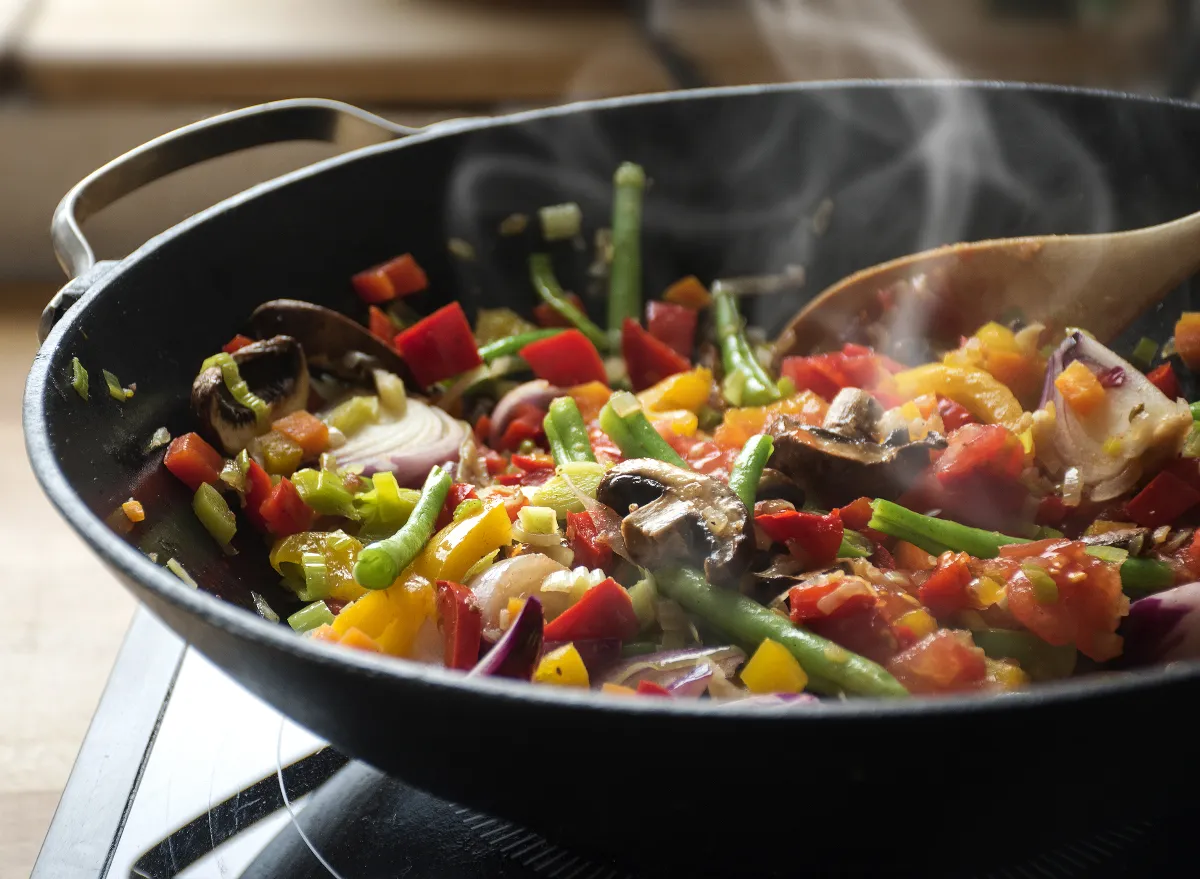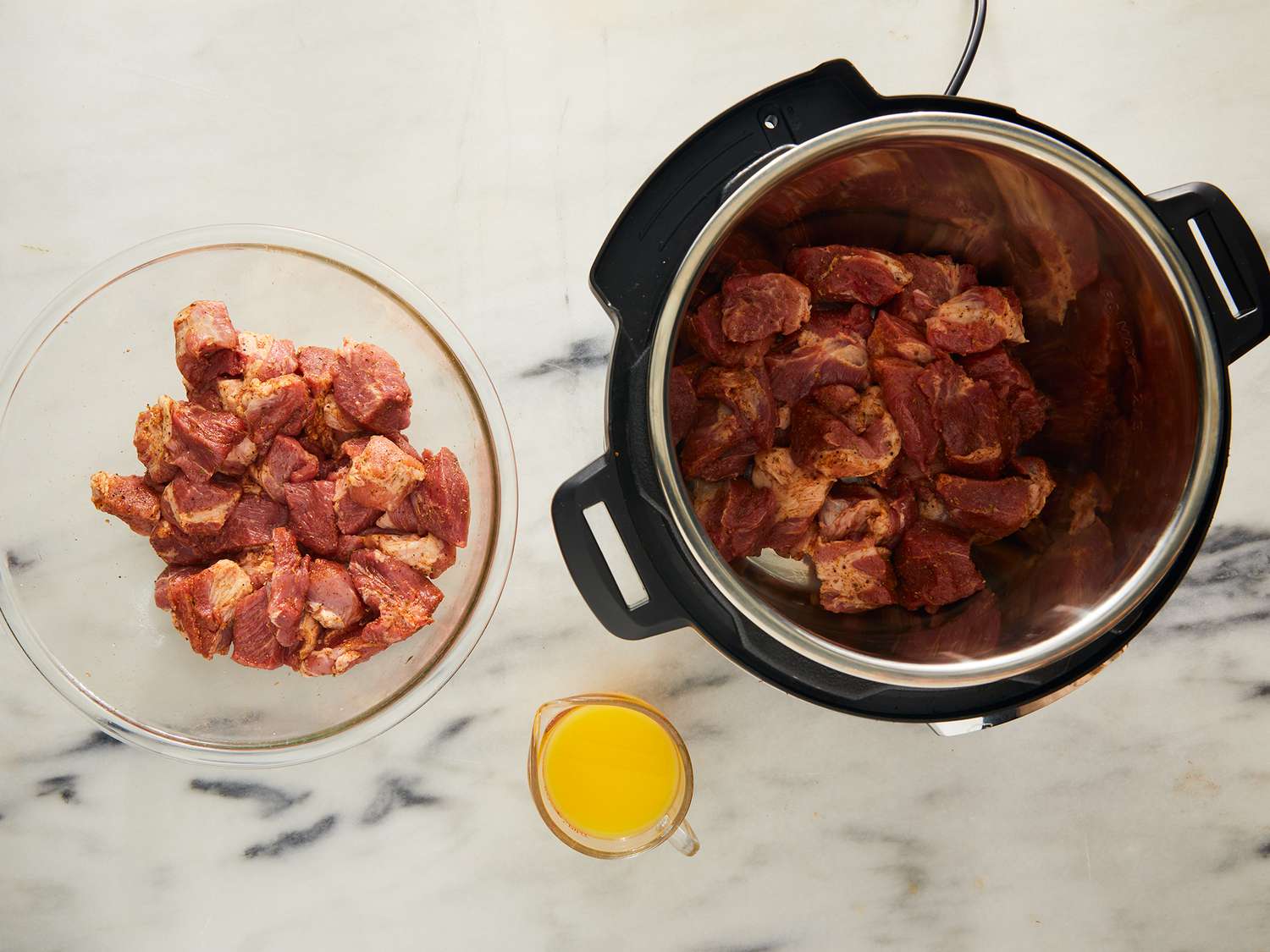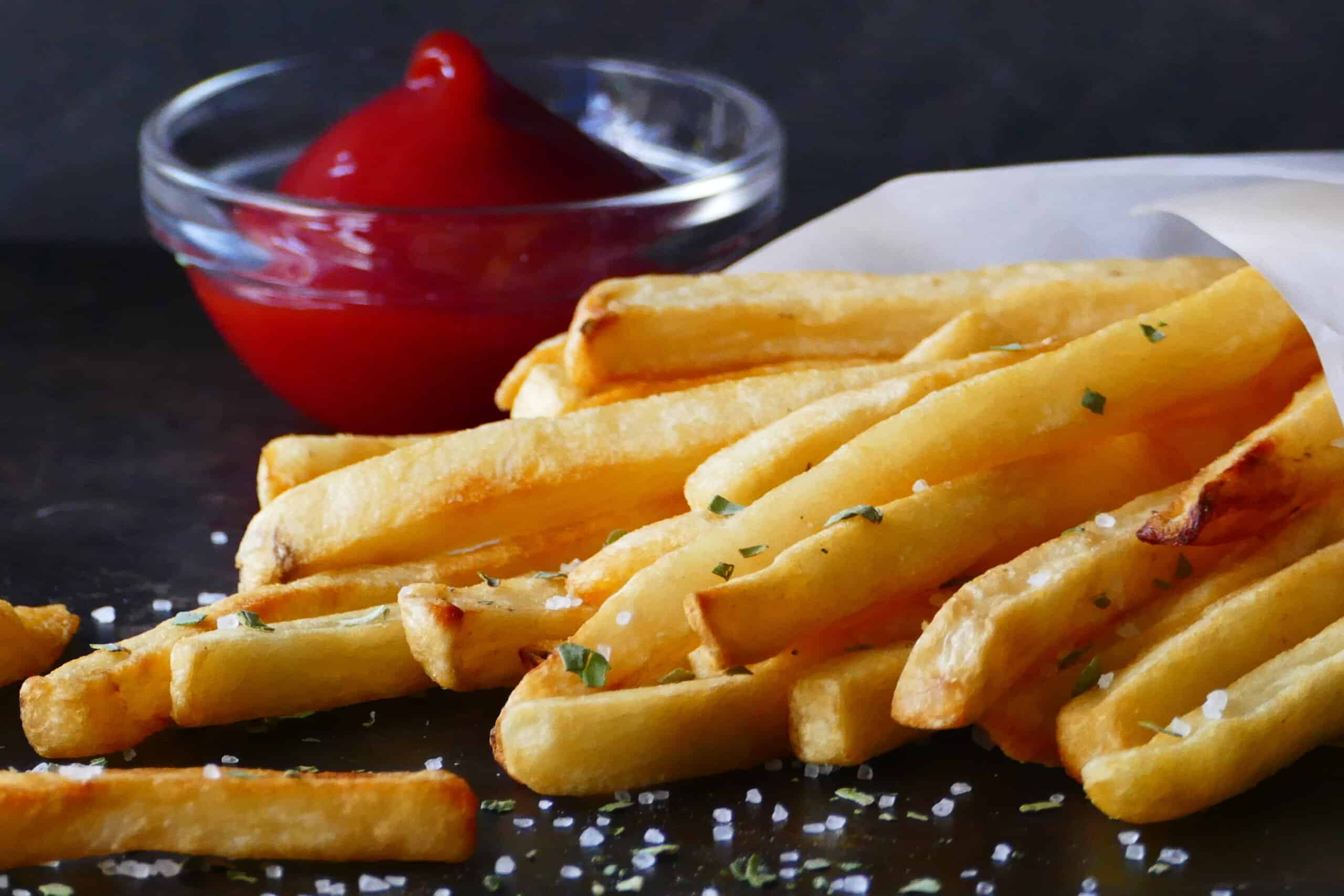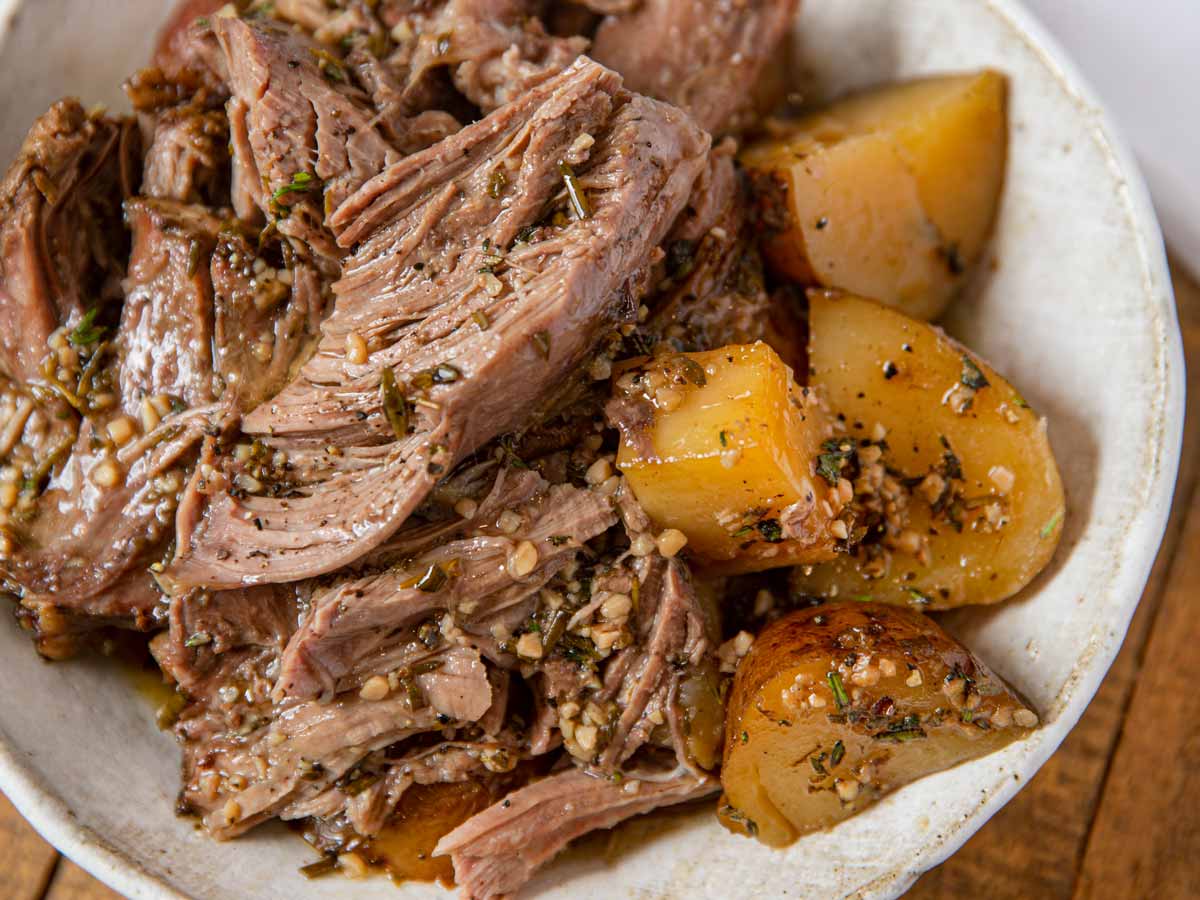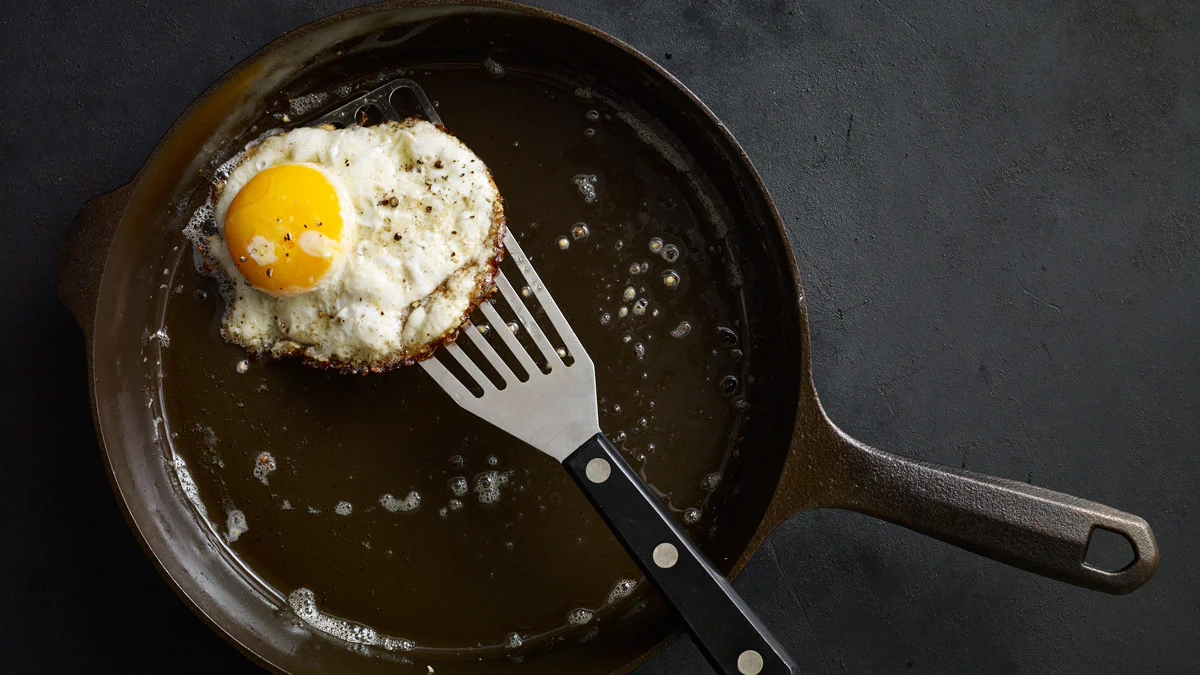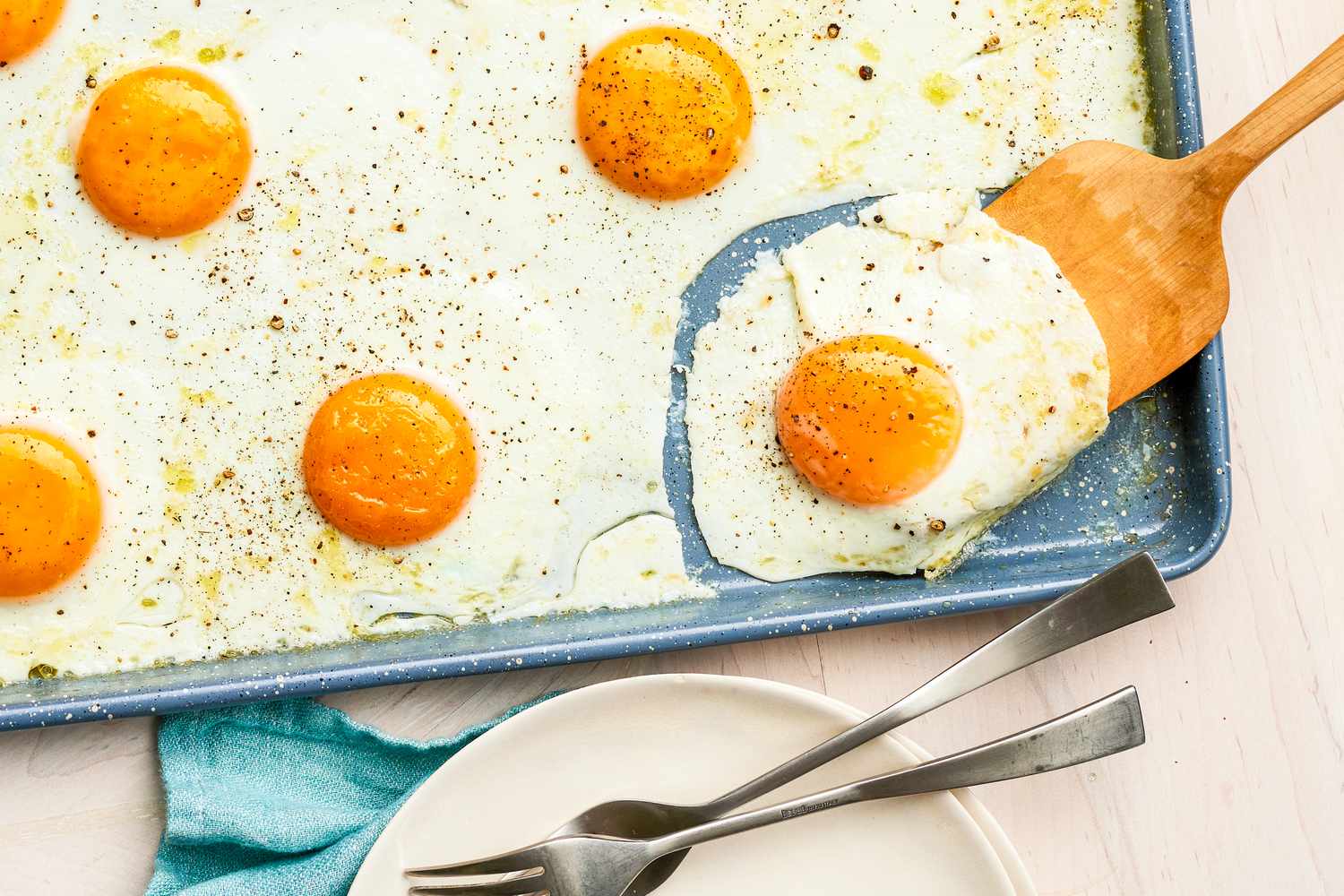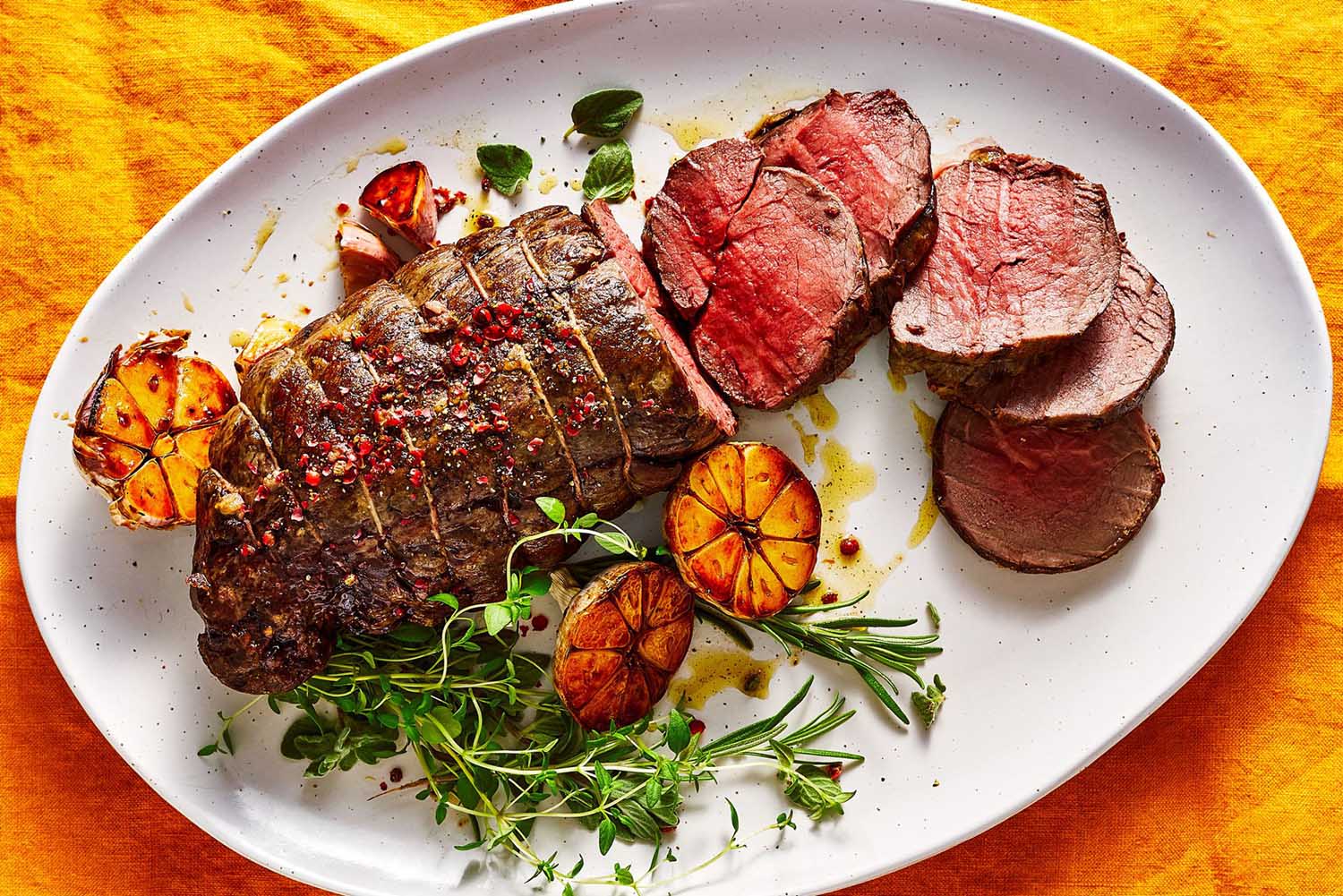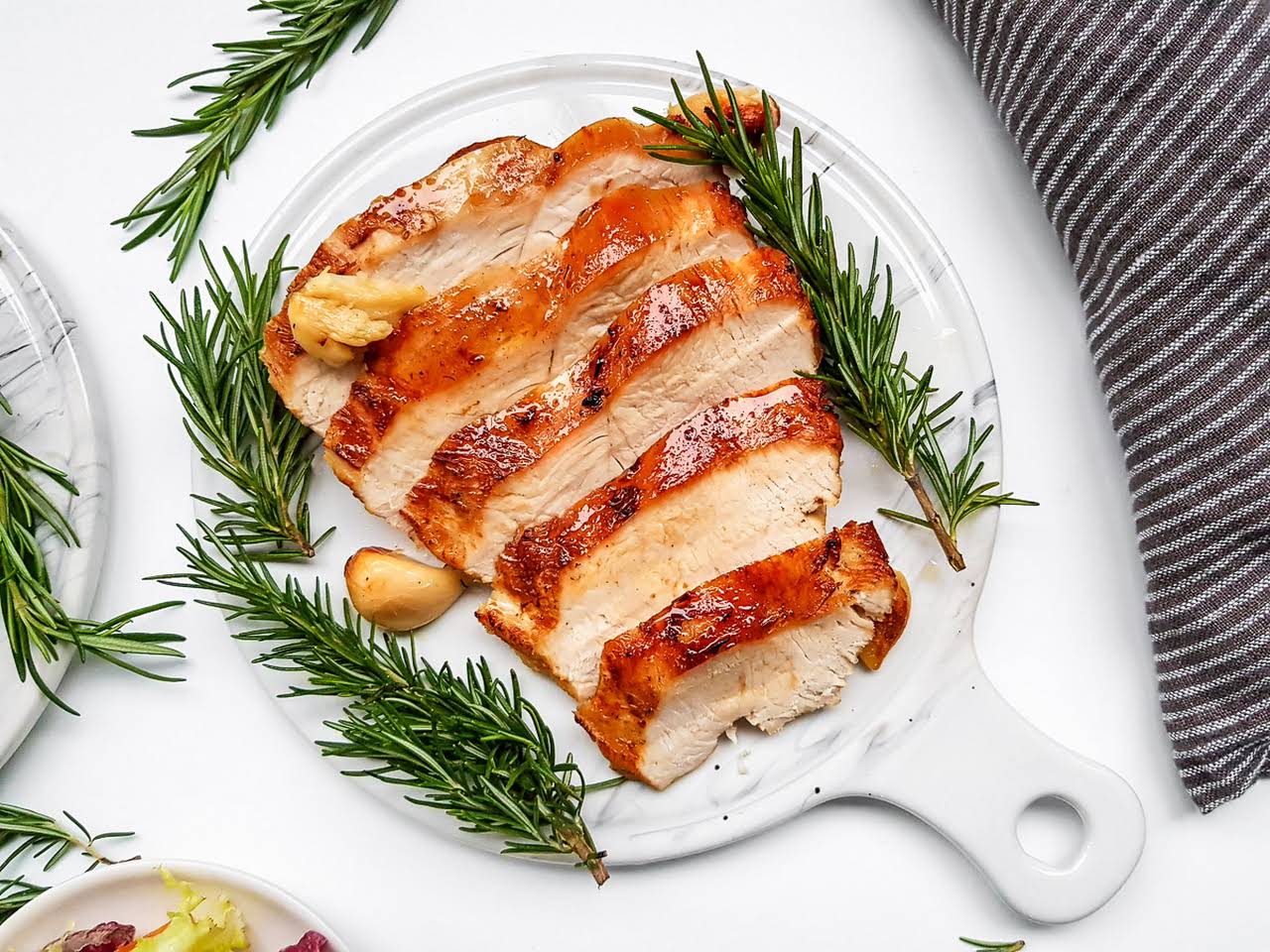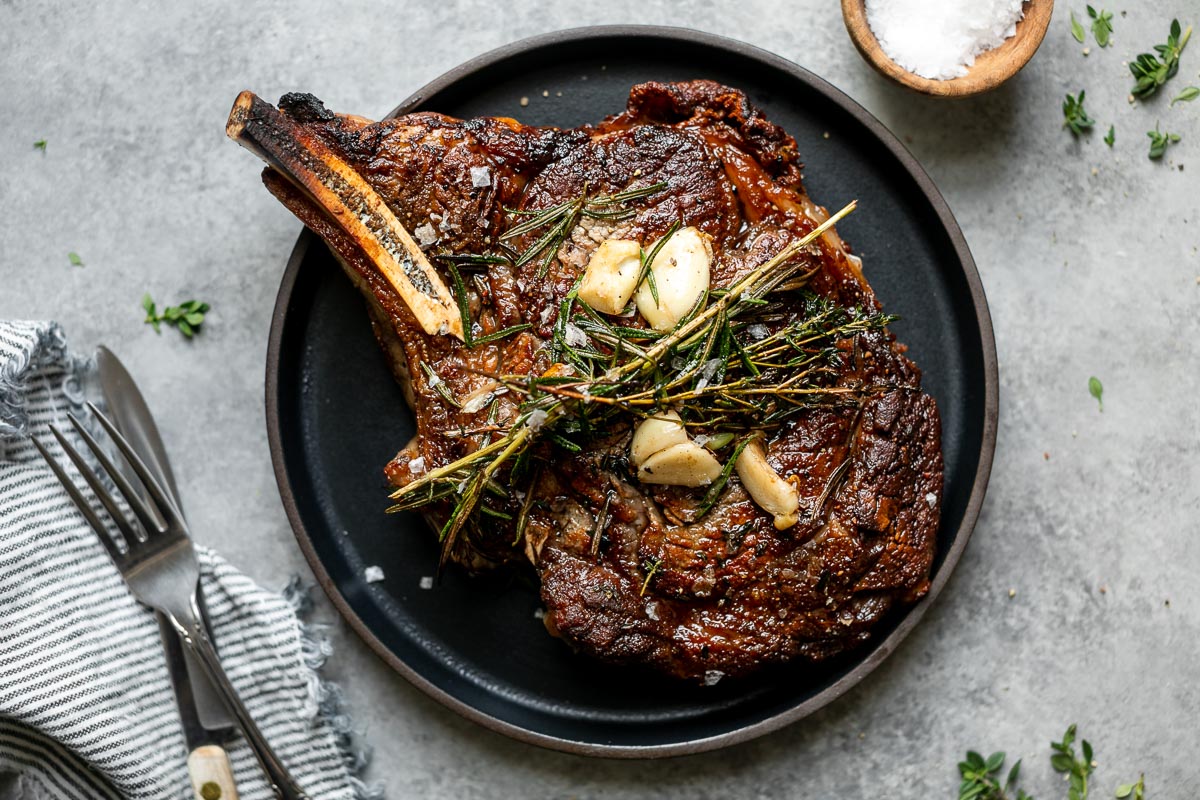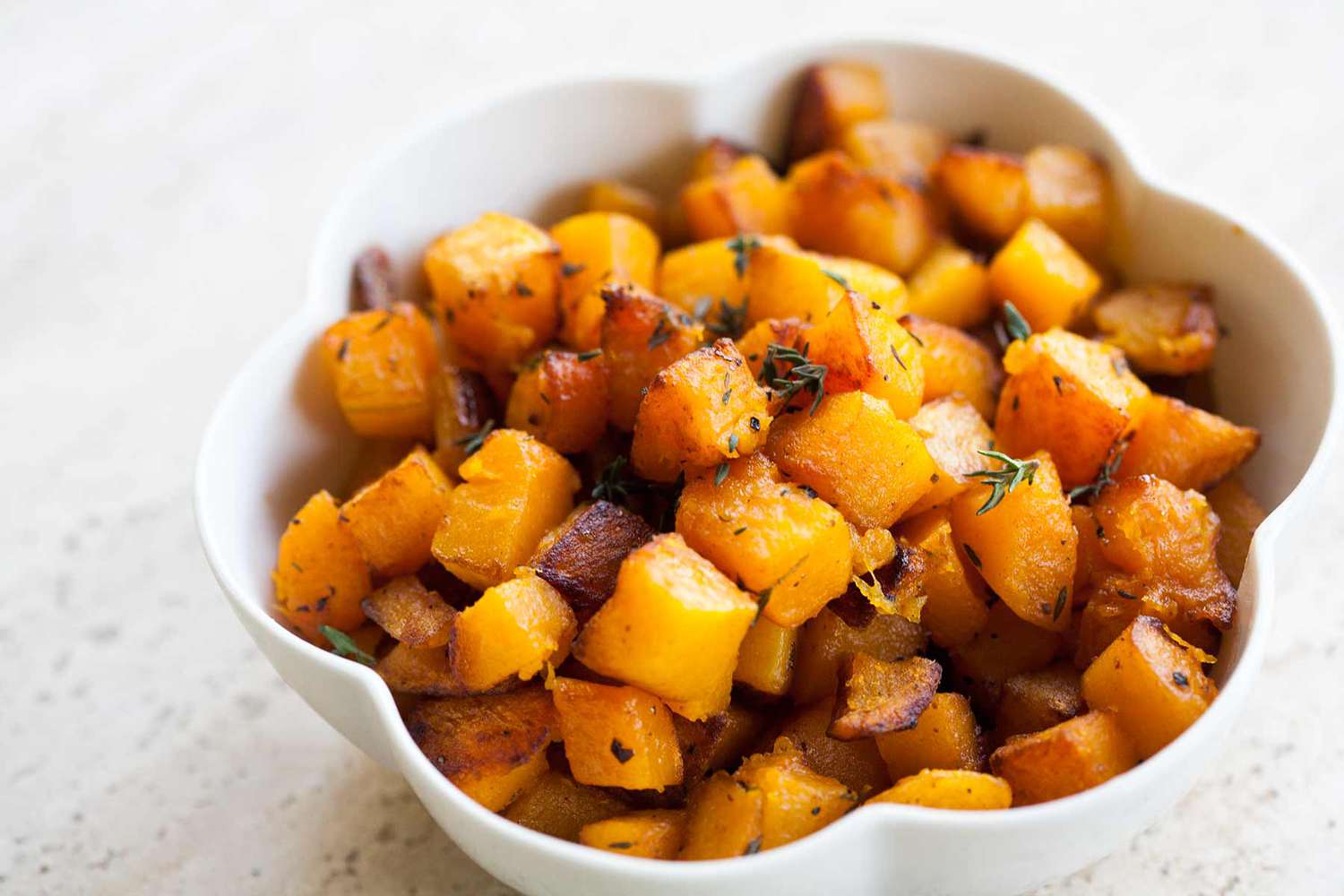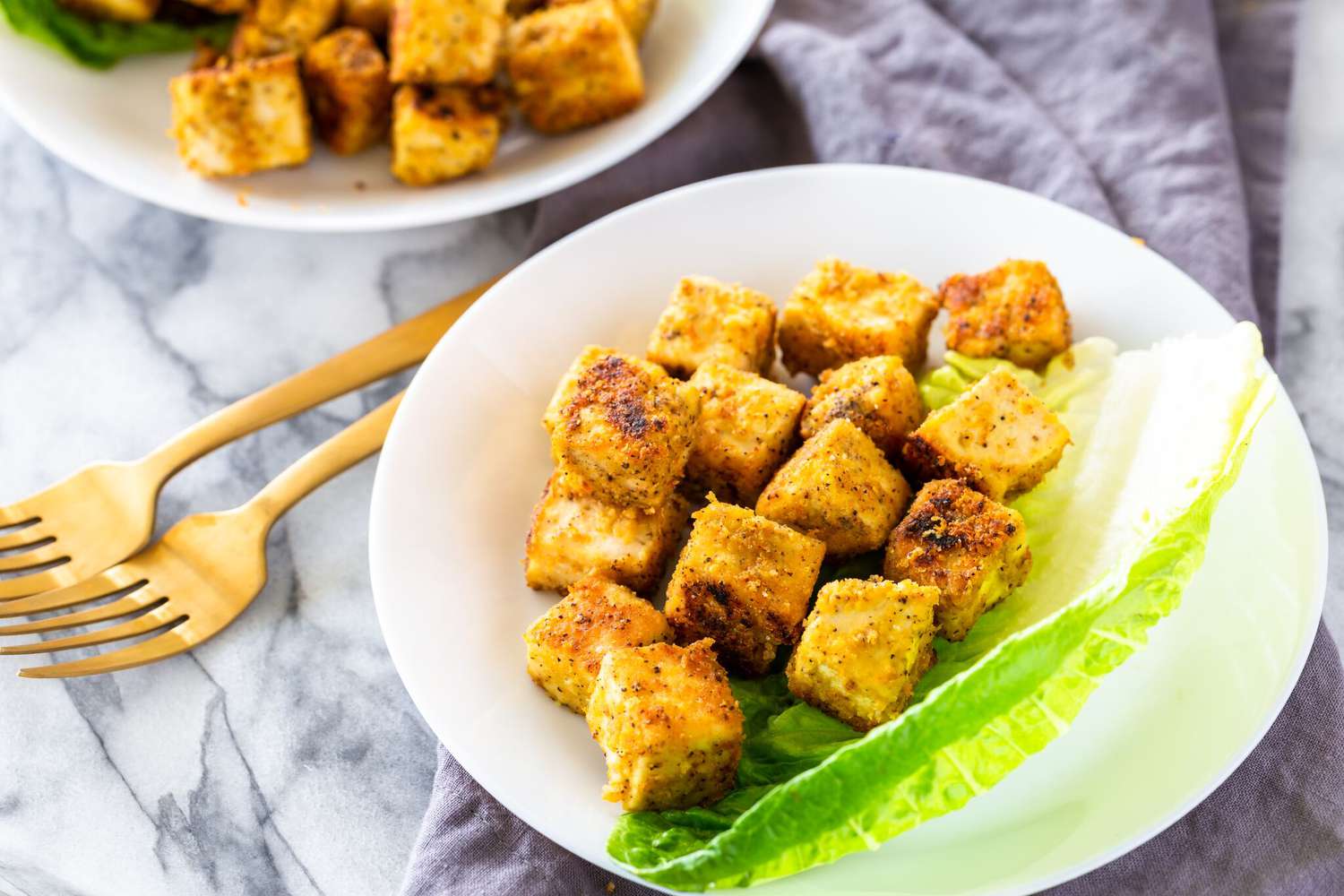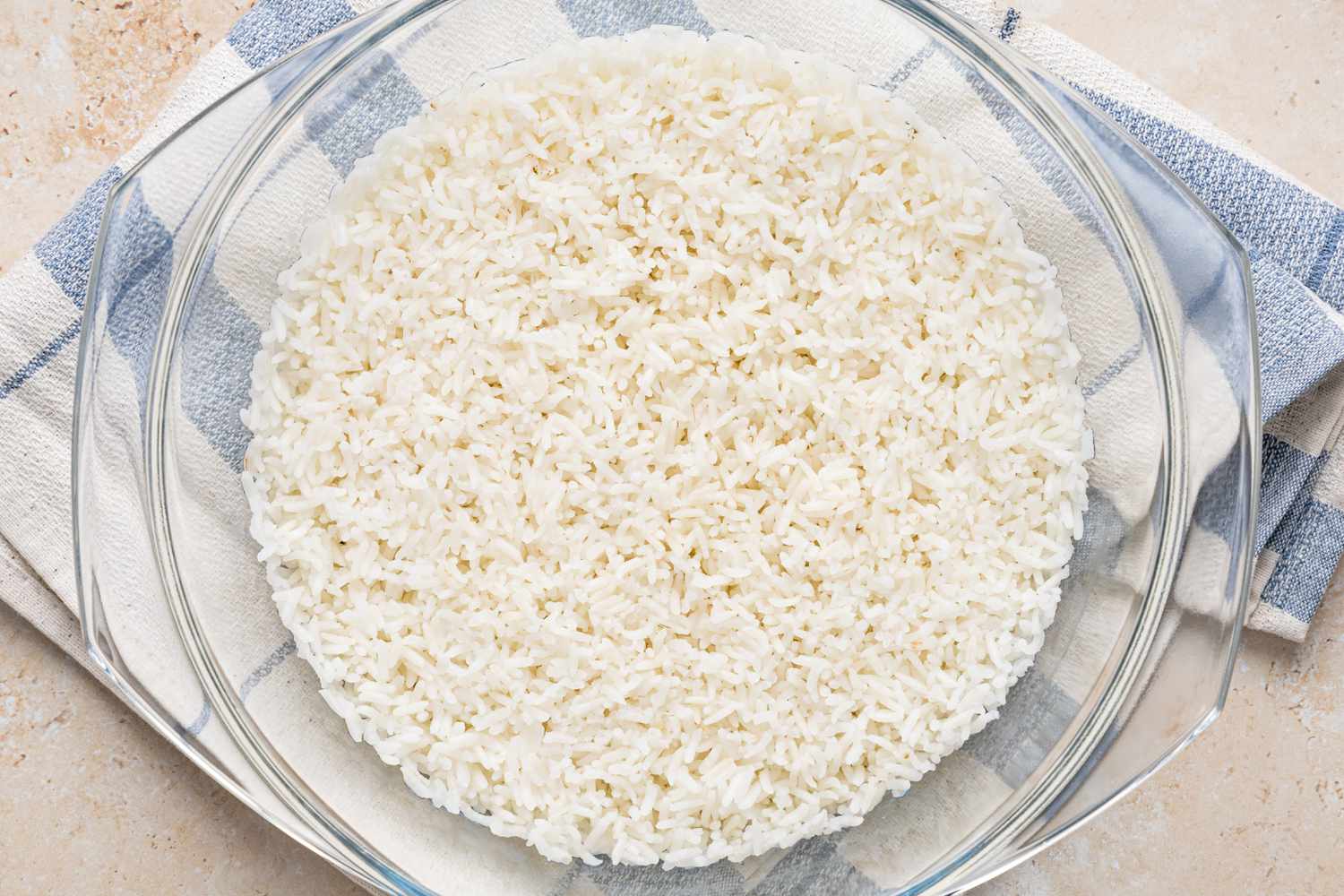The Art of Cooking Duck Eggs
When it comes to indulging in unique and flavorful eggs, look no further than the exquisite duck egg. With a rich and creamy texture, duck eggs have become a favorite among food enthusiasts and home cooks alike. If you’re ready to elevate your culinary skills and embark on a delicious journey, let’s dive into the art of cooking duck eggs.
1. Selecting the Perfect Duck Egg
Before you start cooking, it’s essential to choose the right duck eggs. Seek out fresh eggs from reputable sources such as local farmers’ markets or specialty supermarkets. Look for eggs that have a clean and intact shell without any cracks or blemishes. Fresh duck eggs have a slightly stronger flavor and a larger yolk, making them perfect for various culinary creations.
2. Preparing the Duck Egg
Once you have your duck eggs, it’s time to prepare them for cooking. Begin by gently washing the eggs under cool water to remove any dirt or contaminants. Let them air dry or pat them dry with a clean towel. Remember to handle the eggs with care, as their shells are more delicate than chicken eggs.
3. Cooking Methods
There are several delightful ways to cook duck eggs, allowing you to experiment with flavors and textures. Here are a few popular cooking methods:
- Soft Boiled Duck Egg: For a simple and satisfying breakfast, place a duck egg in a pot of simmering water for around 7-8 minutes. Once cooked, serve with a sprinkle of salt and pepper, accompanied by buttered toast or as a delightful addition to a salad.
- Fried Duck Egg: Heat a small amount of oil or butter in a non-stick skillet over medium heat. Gently crack the duck egg into the pan and cook for a few minutes until the whites are set and the yolk is still slightly runny. Enjoy the fried duck egg on its own or as a delicious topping for burgers and stir-fries.
- Baked Duck Egg: Preheat your oven to 350°F (175°C). Lightly grease a ramekin or small baking dish. Crack the duck egg into the dish and bake for about 10-12 minutes until the whites are fully set, but the yolk is still creamy. Sprinkle with your favorite herbs and serve alongside crusty bread for a delightful brunch.
4. Exploring Duck Egg Recipes
The versatility of duck eggs opens up a world of culinary possibilities. From savory dishes like quiches, omelets, and frittatas to sweet treats like custards and desserts, there is no shortage of creative ways to incorporate duck eggs into your cooking repertoire. Don’t be afraid to experiment and add your own unique twist to traditional recipes.
5. Enhancing the Experience
Once you’ve mastered the art of cooking duck eggs, take your culinary adventure a step further by exploring different flavor combinations and accompaniments. Consider garnishing your dishes with fresh herbs, sautéed mushrooms, or a drizzle of truffle oil for an extra touch of elegance. Pair your duck eggs with crispy bacon, leafy greens, or buttery croissants to create a truly memorable meal.
Remember, the key to mastering the art of cooking duck eggs is practice and experimentation. Embrace the unique flavors and textures of these remarkable eggs, and let your creativity flow in the kitchen. Bon appétit!
Was this page helpful?
Read Next: How To Cook Chicken Kebabs In Oven
